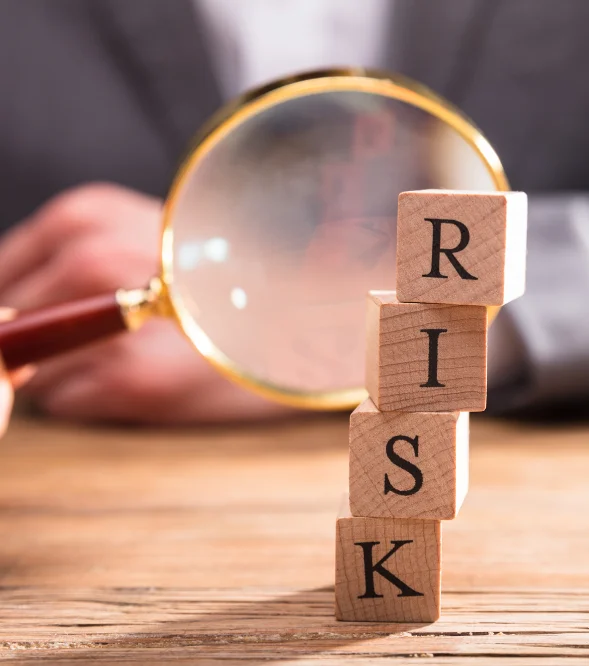
At Invictus, effective risk management is integral to our operations and strategic decision-making processes. Given the dynamic nature of the multi-commodities trading industry, we have developed a comprehensive risk management framework to identify, assess, and mitigate risks across all sectors, including precious metals, agribusiness, refined oil products, and biofuels. Our proactive approach ensures the sustainability and resilience of our business.
We employ a systematic approach to identify and assess risks that could impact on our business operations. Key risk identification and assessment processes include:

To mitigate identified risks, we implement a range of strategies to our multi-commodities trading activities include:

We leverage advanced technologies to enhance our risk management capabilities. Key technological safeguards include:
Analytics and Modeling: Utilizing sophisticated analytics and risk modeling tools to forecast potential risks and develop effective mitigation strategies.

We recognize the importance of managing environmental and social risks in our operations. Our commitment to sustainability includes:

We are committed to continuously improving our risk management framework. Our continuous improvement initiatives include:
Connect with us if you have any queries regarding our products.
© 2024 Invictus multi commodities dmcc. All Rights Reserved.
© 2024 Invictus multi commodities dmcc. All Rights Reserved.
Lorem ipsum dolor sit amet, consectetur adipiscing elit. Ut elit tellus, luctus nec ullamcorper mattis, pulvinar dapibus leo.